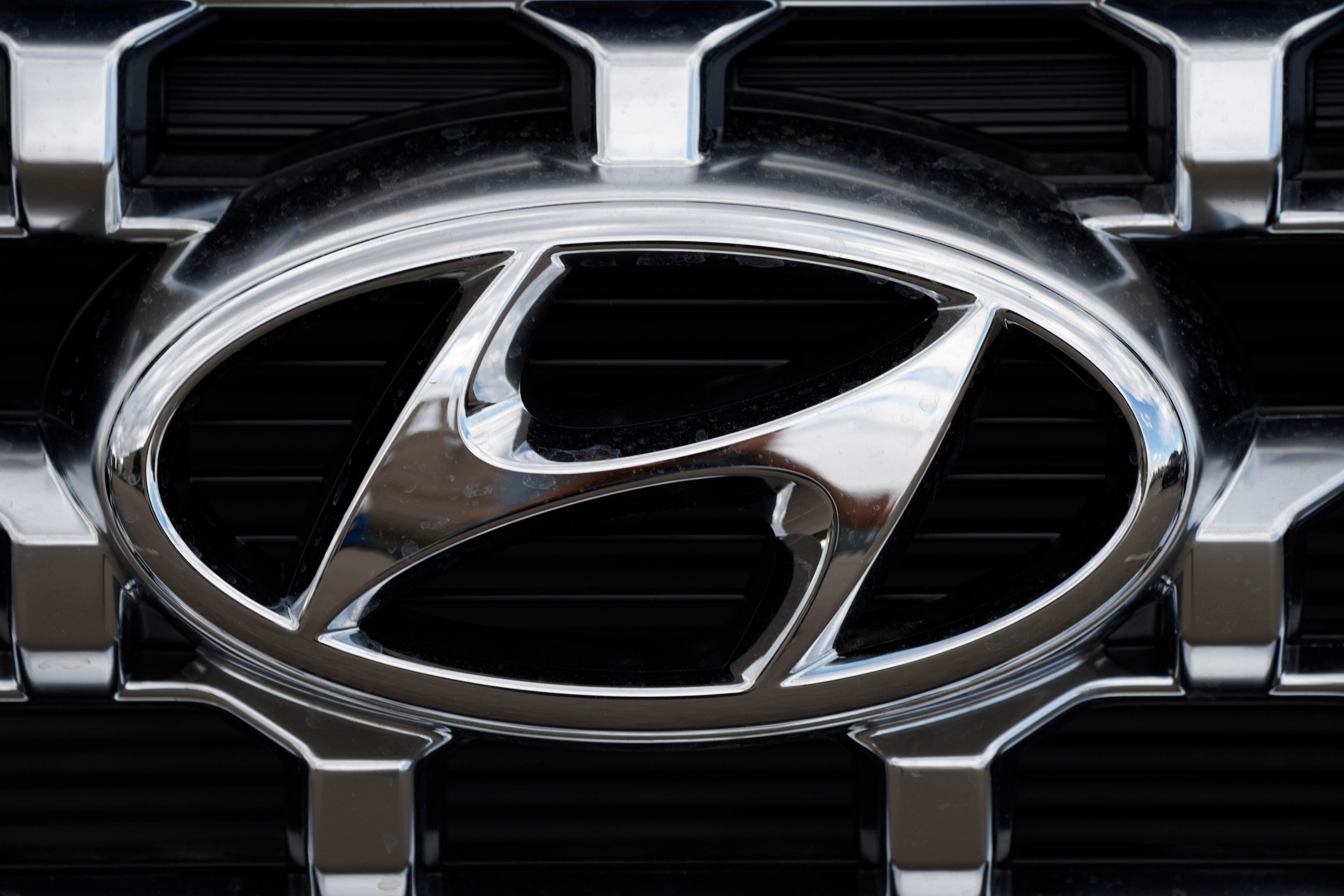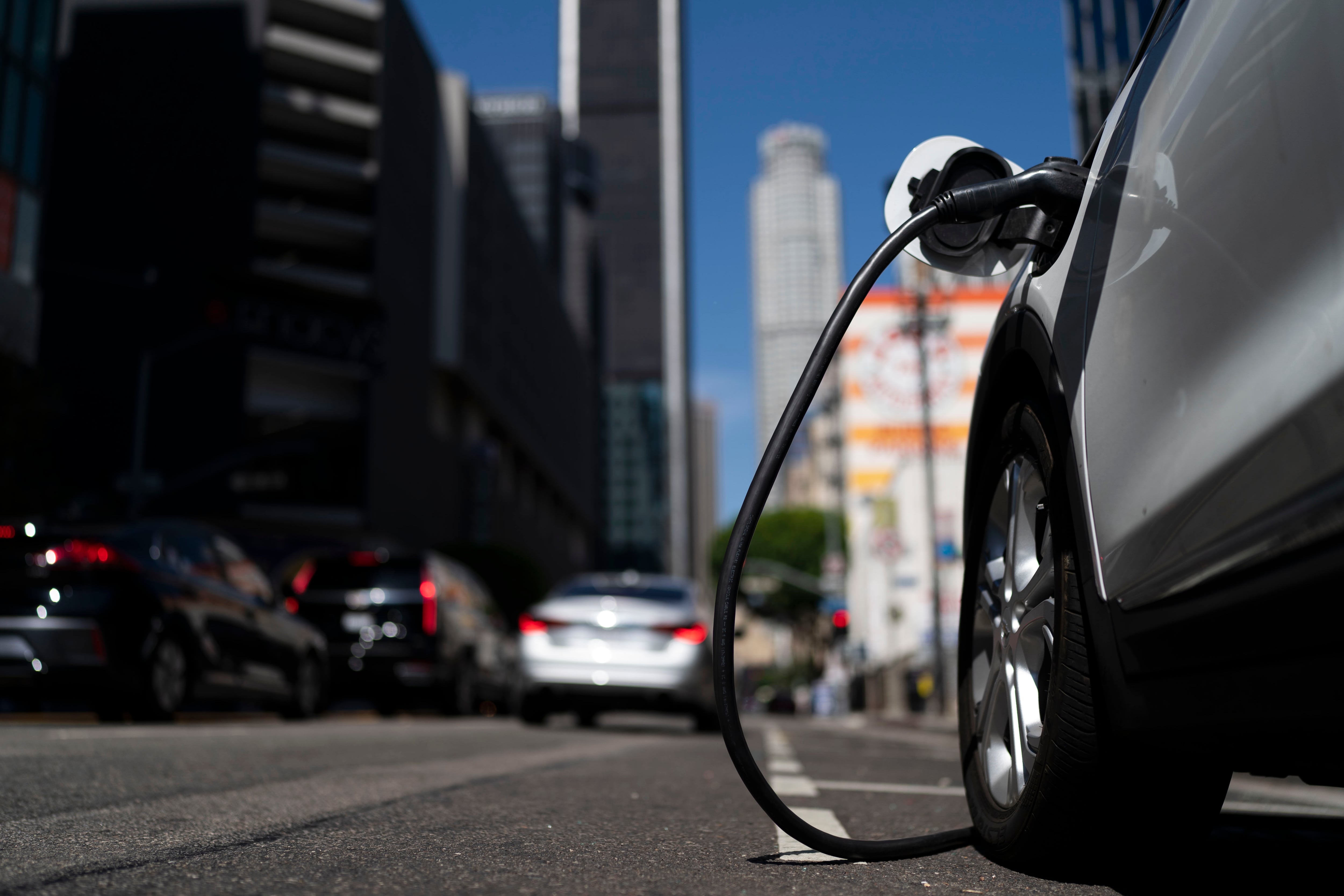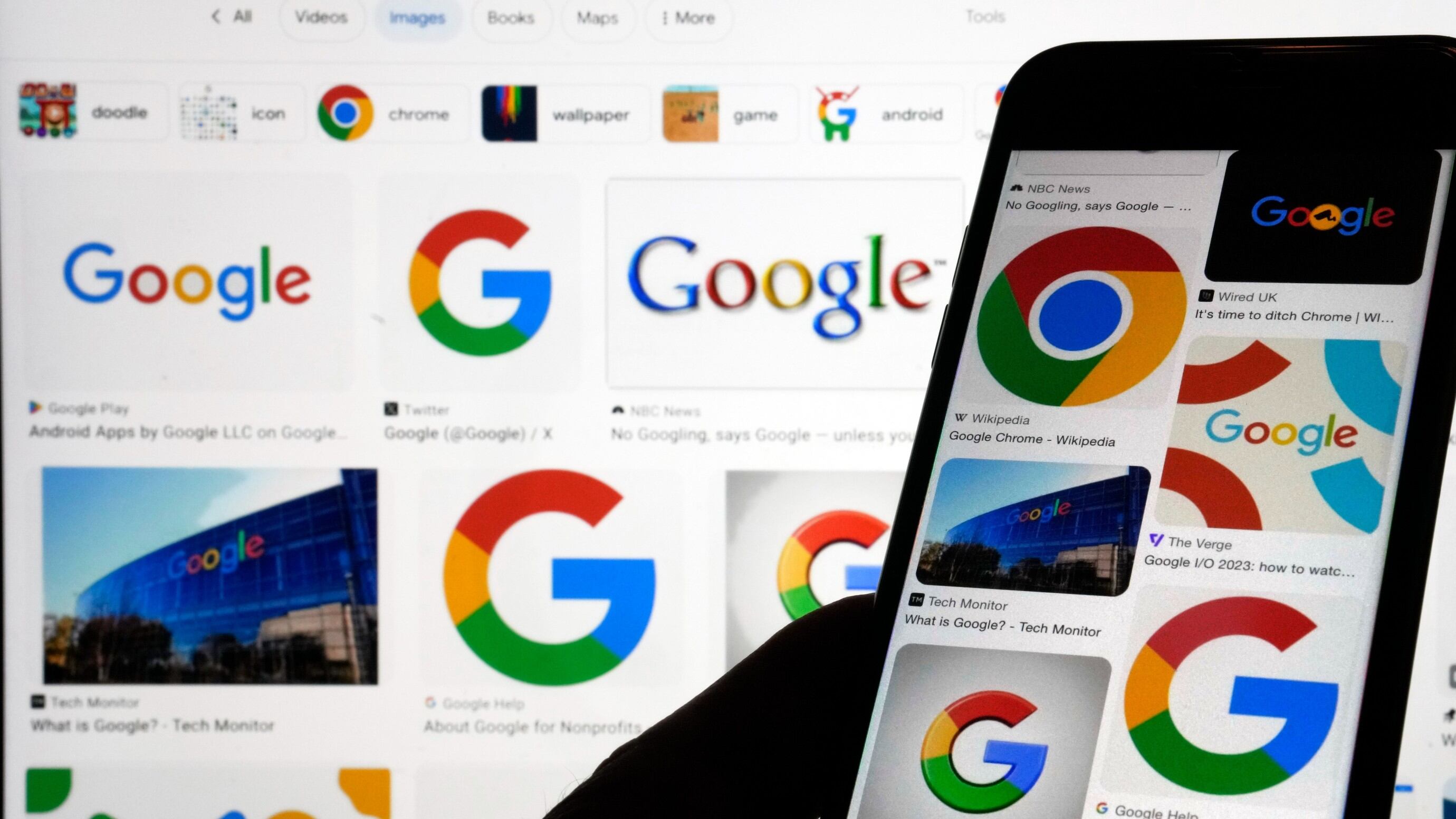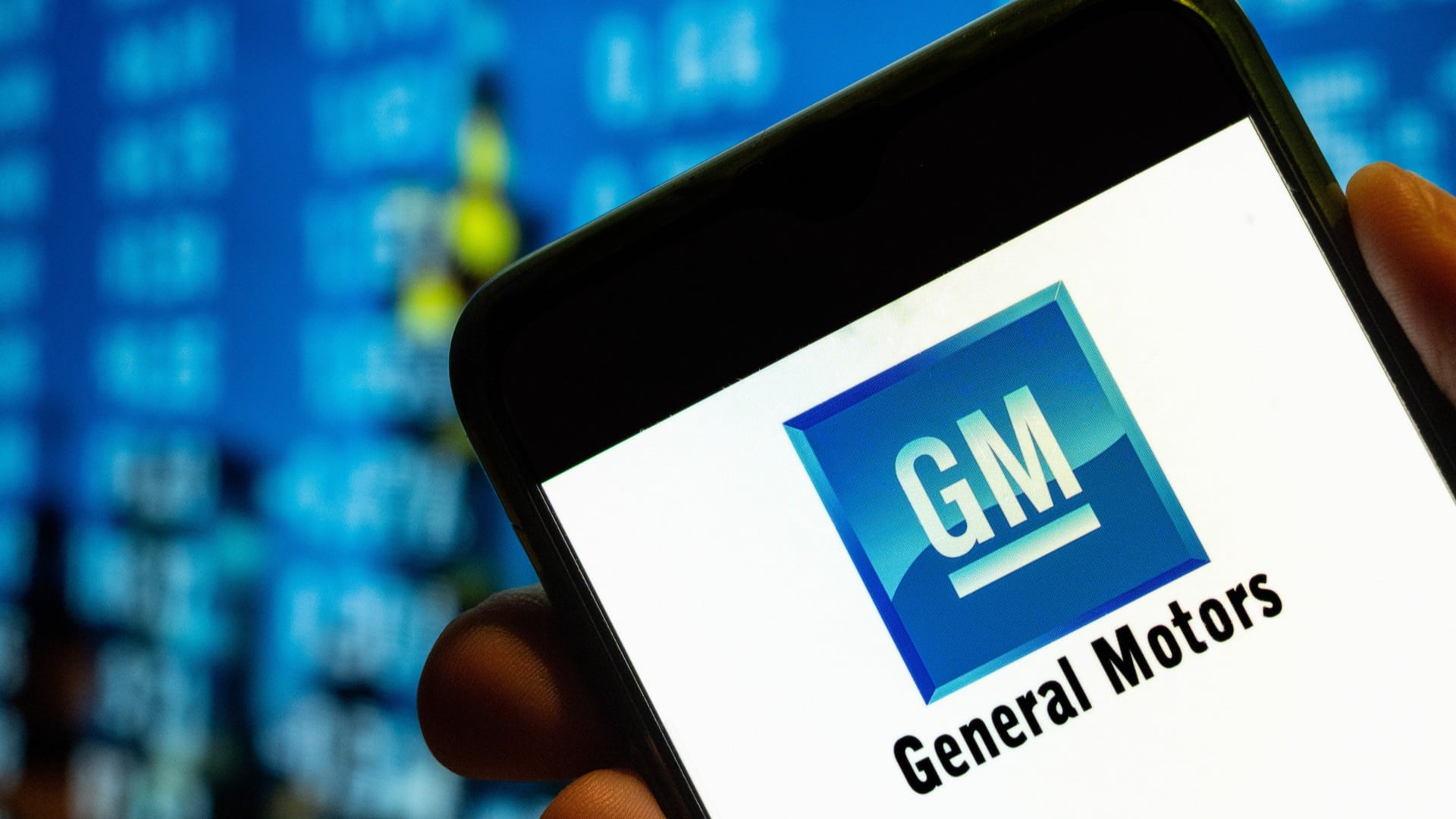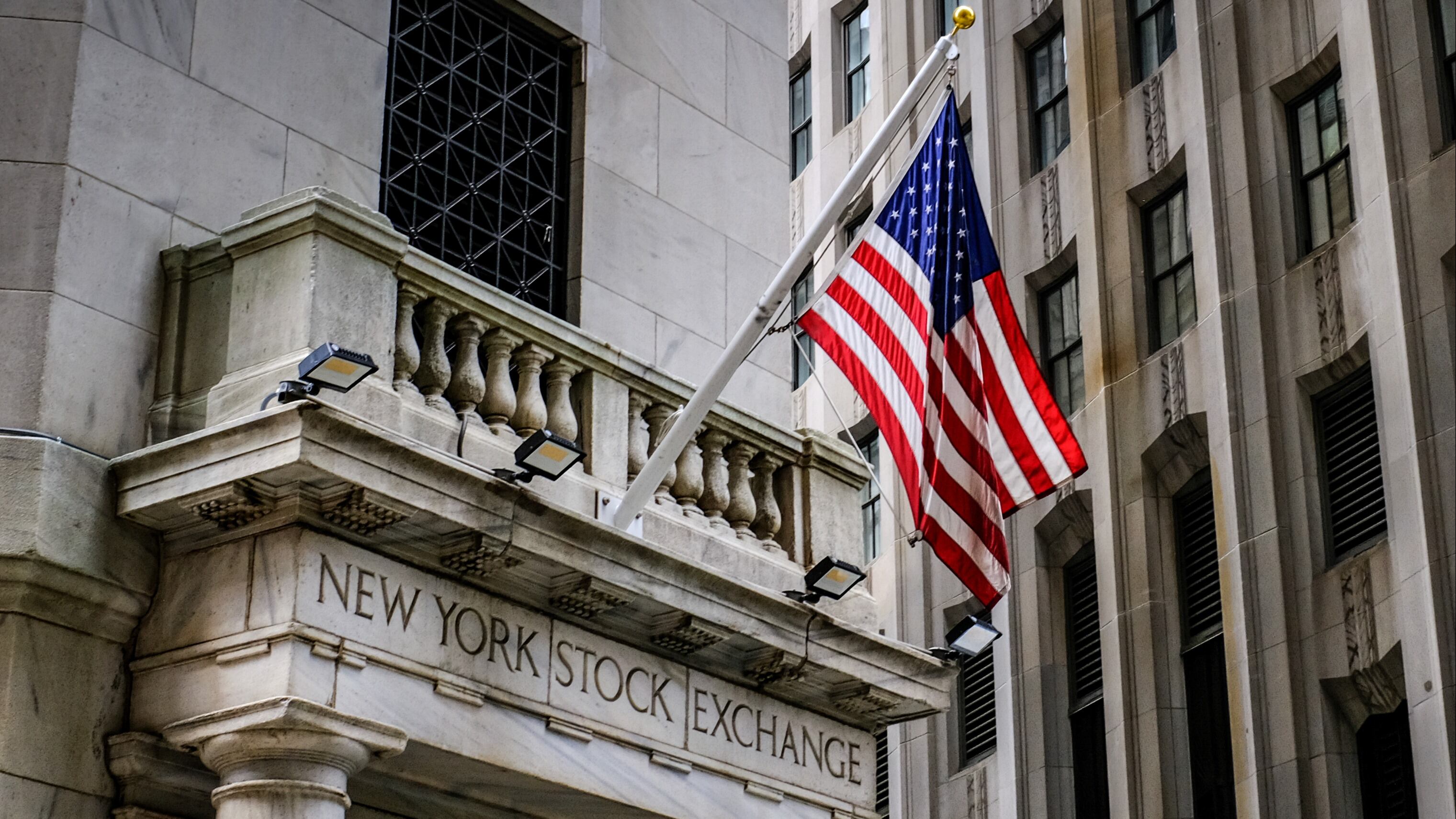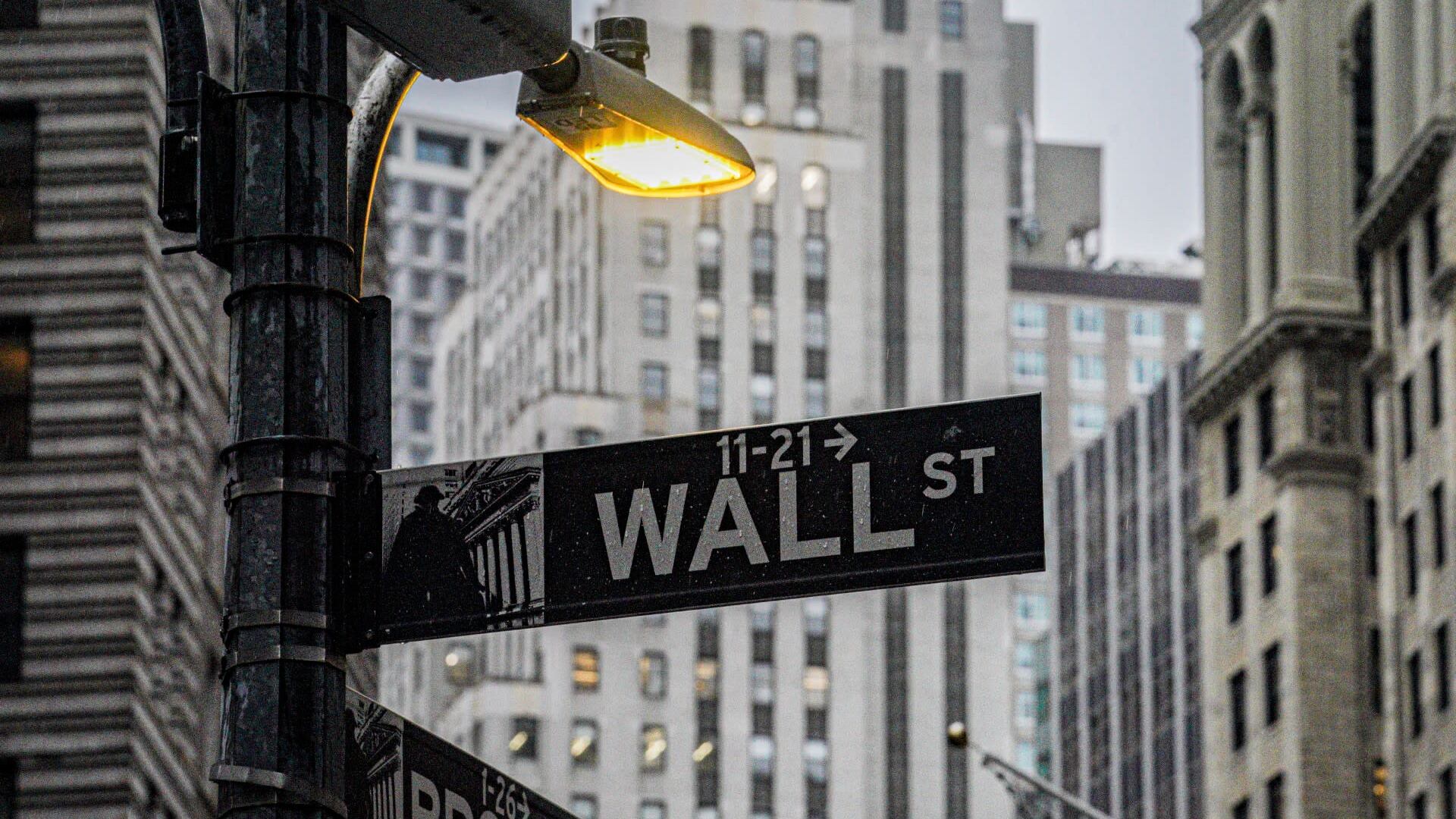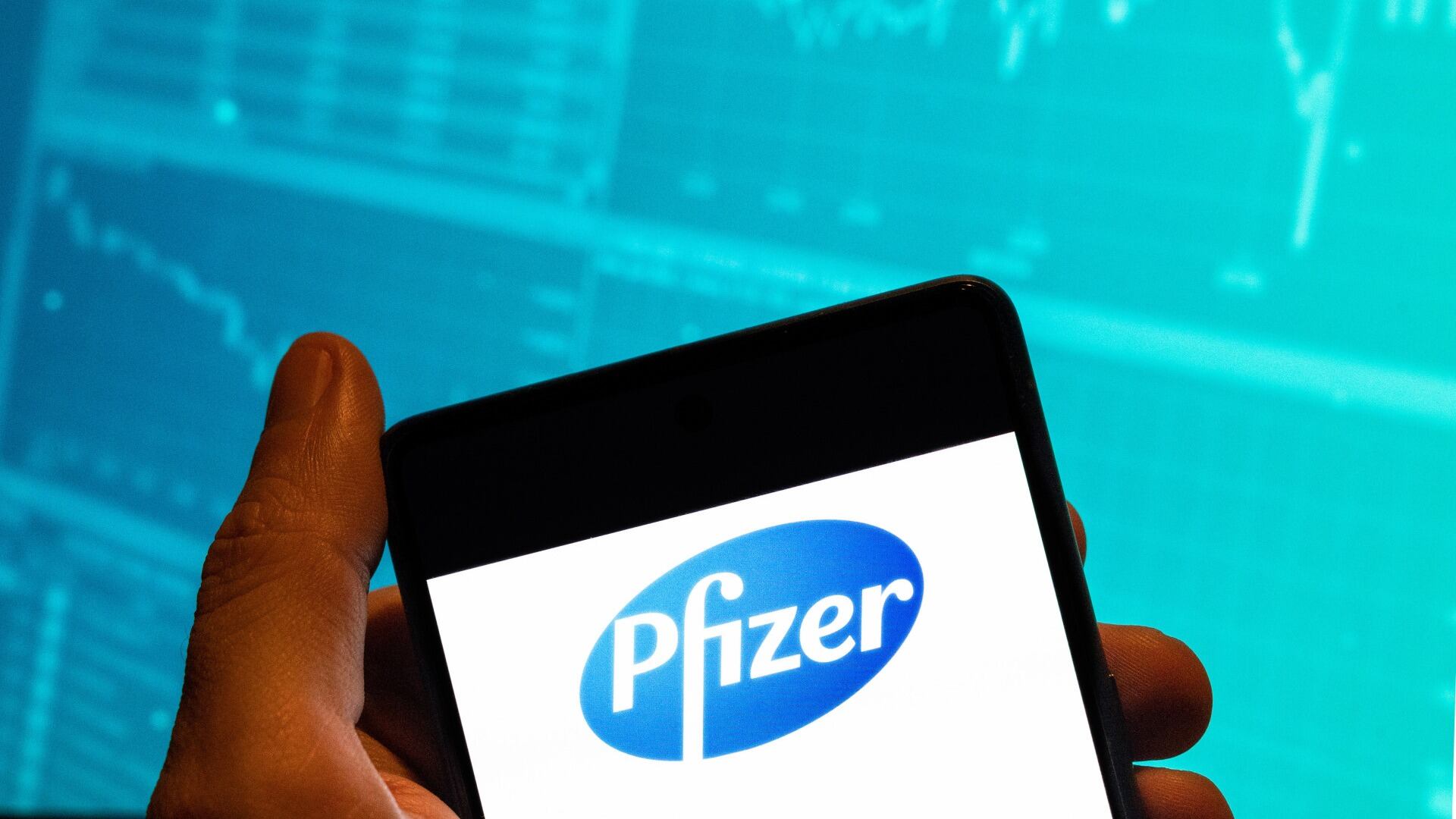By Tom Krisher
South Korean automaker Hyundai has joined Honda and Toyota in raising factory worker wages after the United Auto Workers union reached new contract agreements with Detroit automakers.
Hyundai said Monday it will raise factory worker pay 25% by 2028, matching the general wage increase won by the UAW during that period. Toyota raised factory pay 9% to 10% starting in January, while Honda said it will increase wages 11% during the same period.
Labor experts say the increases are at least in part aimed at thwarting UAW President Shawn Fain's strategy of trying to organize U.S. auto plants run by foreign automakers and Tesla in order to increase the union's bargaining power. Fain said terrified auto executives at nonunion plants are raising wages, and he called Toyota's pay increase the UAW bump.
“UAW, that stands for ‘You Are Welcome,’” he said.
About 146,000 UAW members are voting on new contracts with General Motors, Ford and Jeep maker Stellantis that give them 25% general wage increases over the next four years and eight months. When cost of living wages are factored in, workers will get about 33% raises, with the top assembly line employee making about $42 per hour.
Toyota and Honda also accelerated the time it takes for a starting employee to reach the top pay rate, also matching or coming close to the time period in the new UAW contracts.
Harry Katz, a professor of collective bargaining at Cornell University, said it’s likely the UAW settlement contributed to the raises at the nonunion factories.
“There’s also a strong labor market, the companies are doing very well,” Katz said. “They’ve always wanted to stay nonunion, and they try to stay close to the Detroit top-tier wages.”
In announcing its factory pay increases, Hyundai wouldn’t say how much the hourly wage is at its factory in Montgomery, Alabama, or how much it will pay at an electric vehicle factory under construction near Savannah, Georgia. By early next year the company said it will have increased factory worker pay 14% in the past year.
Katz estimated that Hyundai now pays around $25 per hour, and he says the nonunion plants' retirement, health care and other benefits are typically not as good of as what UAW workers get.
“Hyundai continuously strives to maintain competitive wages and benefits commensurate to industry peers,” Jose Munoz, Hyundai's chief operating officer, said in a statement.
With its increases, Toyota’s top factory worker pay will go to $34.80 per hour in January. Honda wouldn’t say what its hourly rate will be, but analysts say it likely is comparable to Toyota’s.
Katz said the UAW’s new contract probably won’t help the union get workers at the nonunion plants to join. The plants, he said, are in areas of the country that are often suspicious of unions.
“Detroit’s wage has been higher than the nonunion before,” he said. “There’s always been a difference and they just haven’t been able to organize them. It doesn’t hurt them to have won such a large deal, but I don’t think it’s going to make that big of a difference.”
